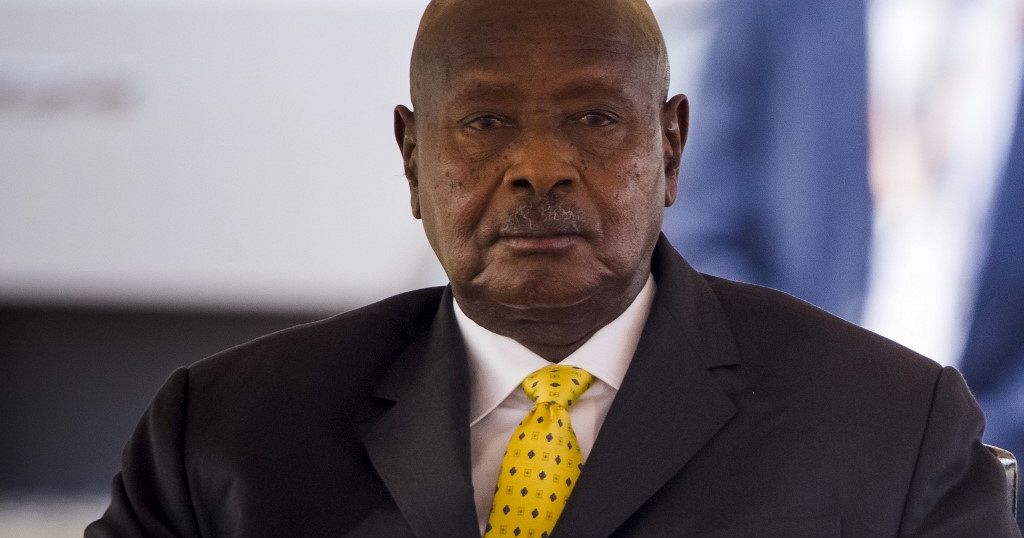Constitutional Court in Uganda on Tuesday removed a key part of a controversial communications law, which rights groups charged has been used to prosecute government critics, journalists and writers, including two who fled to exile in Germany.
The Constitutional Court found the article in the 2011 law contravened the East African country’s constitution and was “null and void,“ said Justice Kenneth Kakuru when announcing the ruling of the court’s five-judge panel. A section of the Computer Misuse Act made it an offense for anyone to “use electronic communication to disturb or attempt to disturb the peace, quiet or right of privacy of any person with no purpose of legitimate communication“. Describing the article as “overly vague,“ Kakuru said that he himself found “that the impugned section is unjustifiable as it curtails the freedom of speech in a free and democratic society.“
Rights activists have long complained of Uganda’s various communications laws enacted by the current government of President Yoweri Museveni, with Amnesty International having slammed the amendment for being „draconian”. Critics say the laws are indiscriminately broad, disguised censorship and have mostly been used to punish opponents of Museveni, who has ruled Uganda since 1986. The government has yet to say if it will appeal the ruling, which was hailed by rights campaigners.



